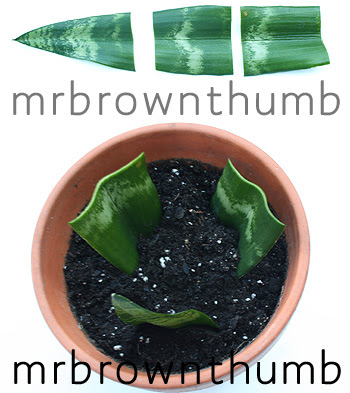 Christmas cactus plants are popular plants during the holidays, they come in a variety of colors and are pretty easy plants to take care of and get to bloom. On my other blog I posted a entry on how to make your Christmas Cactus flower. Once you've managed to make your Christmas cactus flower you may want to move on to taking cuttings from your Christmas Cactus and rooting your Christmas cactus cuttings.
Christmas cactus plants are popular plants during the holidays, they come in a variety of colors and are pretty easy plants to take care of and get to bloom. On my other blog I posted a entry on how to make your Christmas Cactus flower. Once you've managed to make your Christmas cactus flower you may want to move on to taking cuttings from your Christmas Cactus and rooting your Christmas cactus cuttings.Christmas cacti, or Holiday cacti as they're becoming known, are succulent plants and when you cut or break off a stem you may notice a little bit of liquid or a clear gel leaking from the wound. This is normal, just let your cutting sit out for a day or two so that the end of the cutting begins to dry out. Once your cutting is prepared you can begin the propagation process simply by inserting the cutting into houseplant soil. I use regular houseplant potting soil that I sometimes amend with one third Perlite. Make sure you've inserted at least one segment of your Christmas cactus below the soil level. Keep your cutting in a bright and warm area away from direct sunlight and keep the potting soil moist but not soggy. If you want you can mist your cutting daily to help keep it moist. The cuttings that you took from your succulent plant will wilt and probably even shrivel but you shouldn't be alarmed.
A good sign that your cutting has started to root is the appearance of new growth at the tips of the older leaves. The new growth is smaller and thinner than the older leaves and sometimes a little reddish in color. Once the new leaves have started to grow on your cuttings you'll know that the cutting has started to produce roots below the soil. Once the new leaves start to grow you can begin watering the rooted cutting like normal and exposing it to brighter light.
You may also notice sometimes that leaves from your succulent plants fall or are broken off by accident or even on purpose. When that happens to one of your plants take the opportunity to propagate them and create new plants. Sometimes propagating succulents by leaf cuttings doesn't even require soil. See that entry and the links in the entry and notice how those succulents had started to grow roots without even being in soil.
